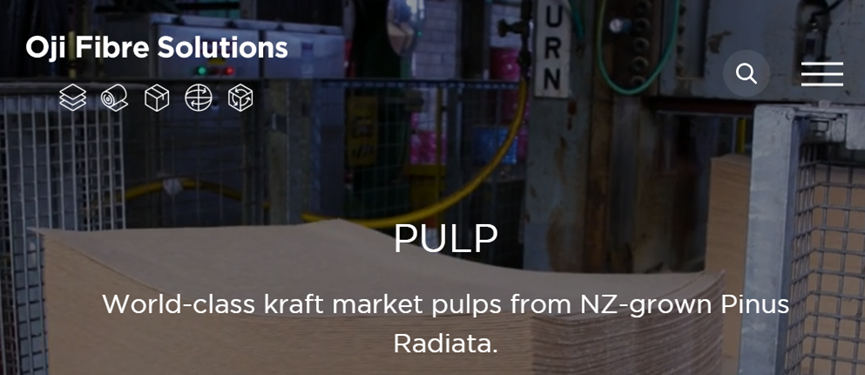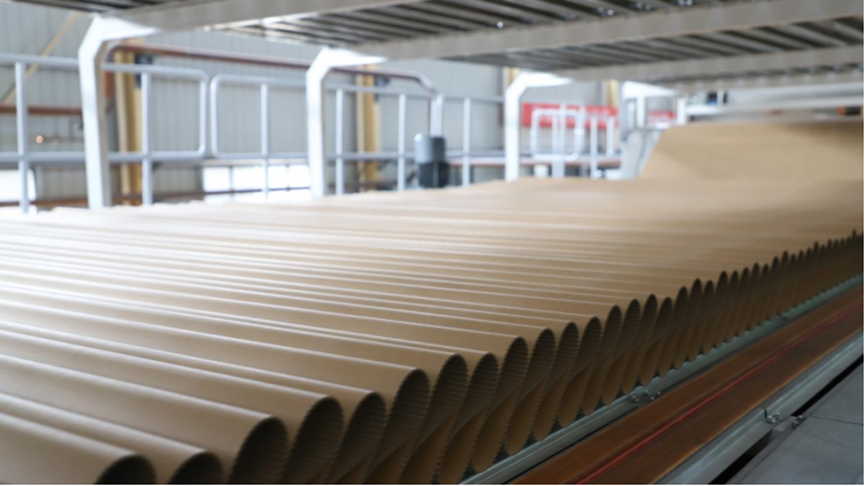

:2023-12-04 Source:Fastmarkets Category: Market
US brown linerboard prices declined $20/ton this month, dropping for the first time in the six months, with declines most notably in the Northeast and in Los Angeles, buyers and sellers reported to Fastmarkets’ PPI Pulp & Paper Week during its price survey review.
Contacts again provided mixed reports with less-than-anticipated corrugated box demand for this month. But the principal factors for linerboard discounts on the open market in North America were companies seeking larger volume or new business at lower prices, or, longer term, doing volume deals that included price reductions below last month’s market levels, buyers and sellers told P&PW.
Brown recycled and unbleached kraft linerboard prices decline
In what started last month as downward pressure reported for predominantly recycled linerboard pricing turned into a full-scale decline across both brown recycled and unbleached kraft linerboard in the domestic open market, P&PW learned. White-top linerboard prices did not change this month and held unchanged at $330/ton more than 42-lb unbleached kraft linerboard.
Slightly more than half of the domestic buyers and sellers contacted reported lower pricing. One linerboard supplier called the market price condition volatile.
“Startup capacity is out there a little more than they were” for orders and “some (boxmakers) are trying to use it to take their (linerboard) prices down,” said a contact with a large integrated producer.
A mill company representative said containerboard box supply and demand went from bad to worse “even when we lowered linerboard prices.”
“Customers are telling me that ‘we’re just not selling the finished product’,” the contact added.
Last week, Target CEO Brian Cornell said the company posted seven consecutive quarters of declining sales in dollars and units of discretionary items, such as toys and apparel.
“But even in food and beverage categories, over the last few quarters, the units, the number of items they’re buying, has been declining,” Cornell said in a Nov. 9 interview with CNBC. Cornell said Target would carefully monitor end-product inventory – except for so-called special holiday products that shoot up in demand.
A slow start in box demand for 2024?
Others in the linerboard and corrugated box business were more positive. They saw improved demand into November and hoped for the same for December, even as mills are expected to take major downtime during the holidays. This said, though, they worried about a slow start for 2024.
“People are cautious about next year but I don’t think anyone really knows what is going to happen,” a contact at a large integrated company said. “There’s been a small (box demand) pickup for us, generally across-the-board.”
One Chicagoland corrugated converter expected to end this year with shipments down by about 5-6%, compared with shipments last year. Yet he noted, as did major integrateds in recent earnings calls, a second-half pickup. His first-half shipments dropped about 10% and second half volume was on track to rise up about 5% year-over-year.
A major integrated told of 4% year-over-year box shipment growth through mid-November. The contact noted that per-day volume this month was “spot on” with the company’s per-day volume in October and September.
First price drop in 6 months for linerboard
For America’s open market for linerboard, this month’s $20/ton decrease is the first decline since May, when linerboard dropped $20/ton. Domestic linerboard prices started to decline in November 2022 – after rising fast and furiously by $220/ton in 17 months during the Covid-influenced work-at-home box demand surge in 2020 and 2021. Actual US box shipment growth during the surge reached a 27-year high.
Producers in North America still have held on to about a quarter to half of the $220/ton gain, even with the discounting in the last year.
Prices are now down this month by $110/ton for 42-lb kraft (US East, US West) and 35-/36-lb high performance linerboard (US East), down $130/ton for 30-/31-lb recycled linerboard (US East, US West), and are down by $170/ton 26-lb semichemical corrugating medium (US East, US West). Recycled medium prices were even lower than the semichem prices, contacts reported to P&PW.
Alongside the domestic price decline, US export unbleached kraft linerboard pricing to neighboring Mexico dropped $10/tonne more this week and was now down by $40-50/tonne in the last five months at the Laredo, TX, border bound for Mexico.
One box buyer claimed that discounts had been occurring for several months in the Northeast. An integrated producer late this week said lower prices were out there for the taking, especially for recycled linerboard.
“What else are they going to do? They have all that capacity,” a kraft linerboard producer contact said, referring to the 2.3 million tons/yr of startup recycled containerboard capacity on five machines this year in the US and Canada.
For kraft linerboard, two contacts told of mill systems with carryover orders that they couldn’t make this month. As a result, the carryover orders will be made in December. One contact told of a four-day carryover for one of the mid-sized systems.
This month’s price decline occurred as US containerboard mills operated at 85% of capacity for the last five quarters. US mills began a consistent downtime campaign month to month in August/September 2022. US actual box shipments have declined by 6-7% in the last five quarters.
US actual box shipments improved from a March low by about 1.6%, based on Fibre Box Association statistics. North America’s Nos. 2 and 3 major integrateds WestRock and Packaging Corp of America each reported sequential box volume improvements for the third quarter compared with the second quarter. Executives at both companies were optimistic of demand continuing to improve.
“We’re waiting to see when the (consumer demand) push will come – or if it will come,” one contact with a large integrated told P&PW, noting the early timing of Thanksgiving on Nov. 23 and a possible demand pickup after Thanksgiving into the third week of December.
A Chicagoland boxmaker is worried about next year.
“Costs for goods are still really high. People are trying to save money. Food is higher (priced). Things are a lot more,” the contact said, adding that he expected a slow start to 2024.
“This was not the year to grow (box shipments) – it was the year to maintain,” the contact said.
This article was taken from PPI Pulp & Paper Week, our newsletter for pulp, paper and packaging market news and prices for North America. Speak to our team to learn more about our news and market analysis, prices, forecast and more.







